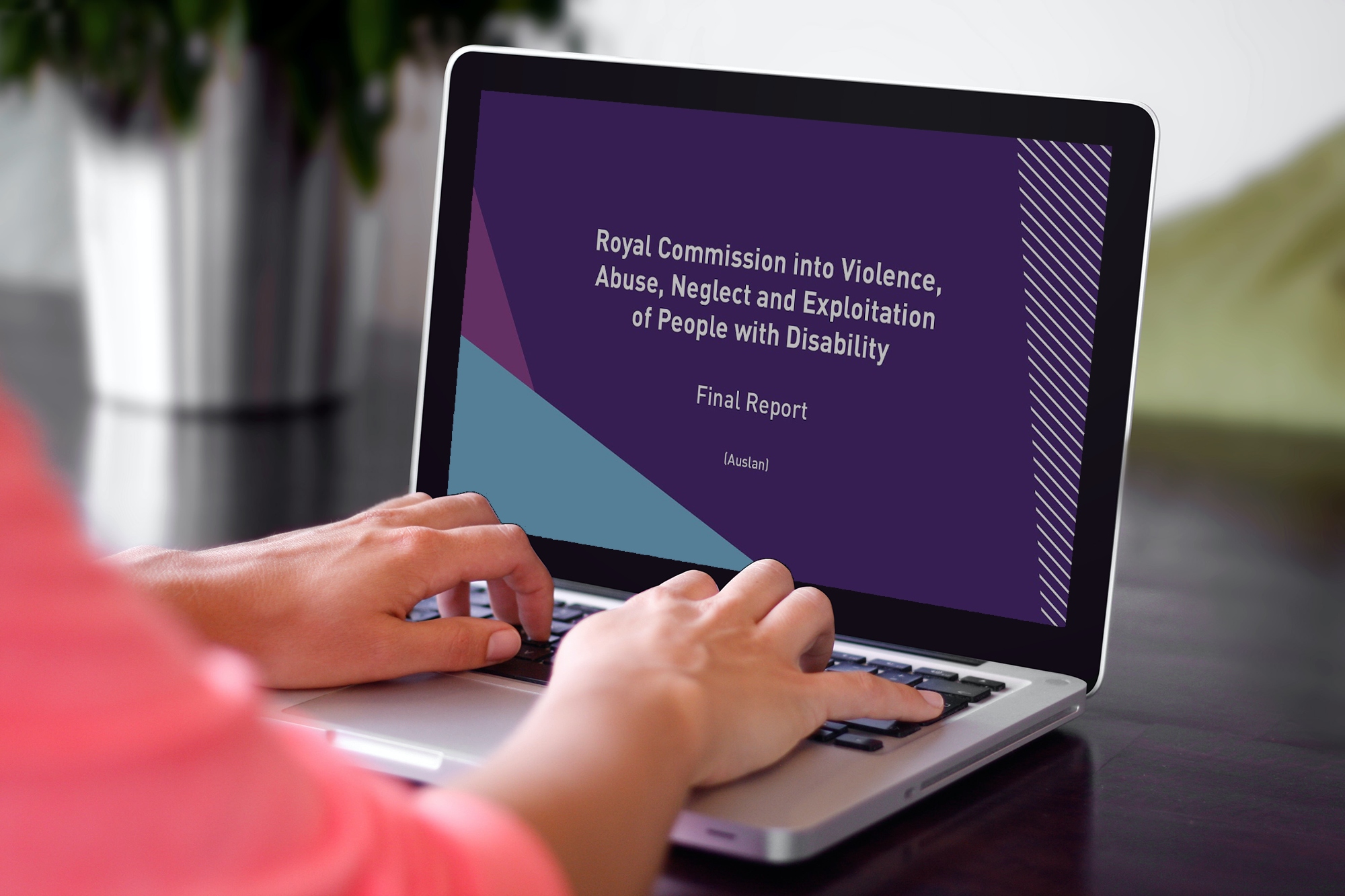The Royal Commission into Aged Care Quality and Safety hearings to date have highlighted that many older Australians experience serious instances of abuse and neglect. Similarly, people with a disability are 10 times more likely to experience violence than people without a disability, and the Royal Commission into Violence, Abuse, Neglect and Exploitation of People with Disability has been established in response to the seriousness and prevalence of these incidents.
With these Royal Commissions bringing the issues of abuse and neglect to the fore, now is a landmark period for organisations to re-assess how they are protecting human rights within their operations.
It is paramount that organisations are working to prevent abuse wherever possible, and have effective policies and procedures in place to respond to instances of abuse.
Some important elements of preventing abuse include:
- Policies and guidelines that protect an individual’s rights
- Empowering the elderly and people with a disability
- Informing them about the rights that they possess
- Ensuring that clients feel respected and valued in the organisation
- The organisational culture
- Ensuring that the staff screening process is thorough
- Ensuring that workers undertake training in abuse prevention and client rights
- Ensuring that there is a positive culture of feedback and complaints, encouraging people to speak up
It is essential that in cases where incidents do occur, the organisation responds appropriately. We have developed some new resources to help organisations implement processes to prevent and respond appropriately to abuse.
Find our policy and information sheets in SPP’s Reading Room:
- Policy: Responding to Abuse
- Info: Responding to Abuse
Want to know more?
To access these resources and hundreds of others in SPP, click the button to the right!


